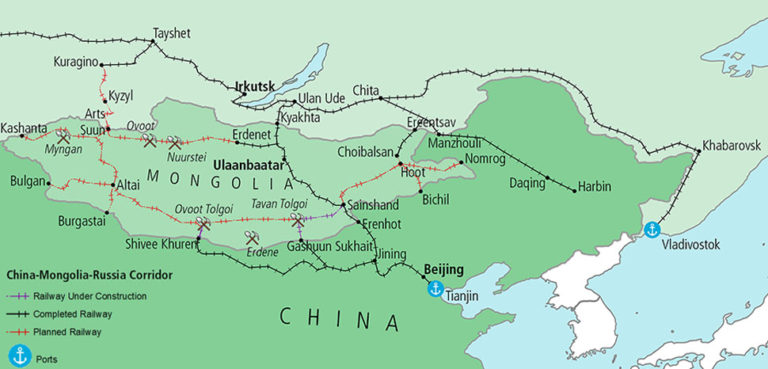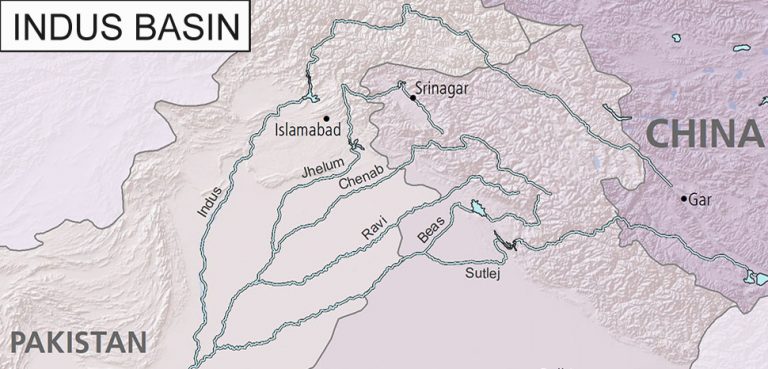Summary
In its earliest use, the phrase “state capture” was originally conceived to describe the trajectory of post-Soviet economies, where an opaque privatization process of state-owned enterprises allowed for political insiders and businessmen to acquire valuable states assets, at often significantly low valuations. The legacy of privatization and the establishment of an oligarchic class is often cited as a culprit in understanding the culture of cronyism and massive inequality that continue to plague post-Soviet economies, most notably that of Russia’s.
In the decades that have followed the collapse of the USSR, the oligarchic class continues to entrench itself within the nexus of economic and political influence with little to no opposition, aptly defining the contours of “state capture” as a concept. Outside of the post-Soviet states, mass privatization has also managed to result in lopsided distribution of wealth in Haiti, Botswana, and Chile, among others. Thus, privatization as a concept is often met with derision, particularly in developing countries that transitioned from planned economies and embraced market liberalization, fueling excess cronyism and stark economic inequality.
Such historical case studies provide context behind the resurfacing of “state capture” in the political lexicon of South Africa today.




